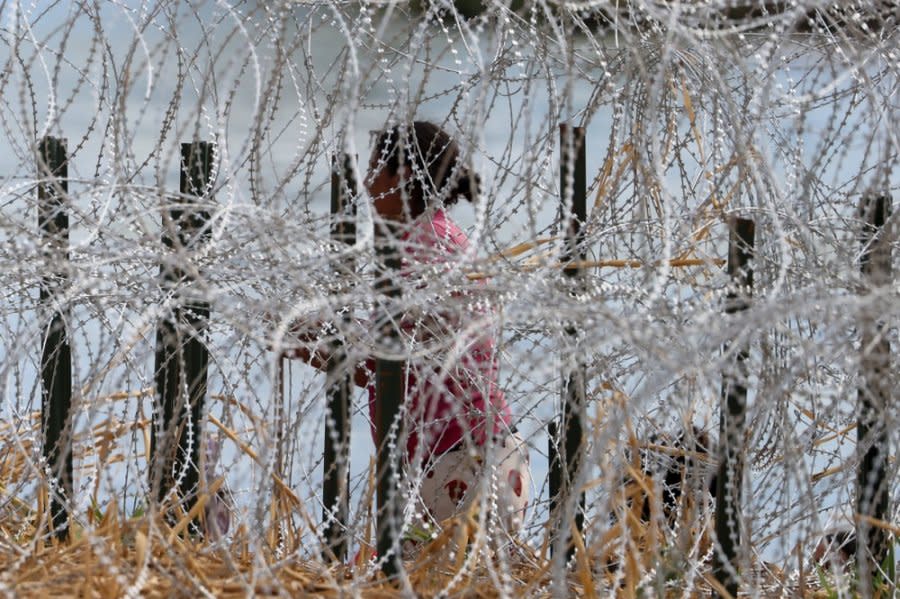'Boss Lady' human smuggler pleads guilty in massive trafficking scheme

Jan. 4 (UPI) -- A Texas woman who led a human smuggling operation that trafficked hundreds of foreign nationals into the United States pleaded guilty to conspiracy and money laundering charges Thursday, the Justice Department said.
Erminia Serrano Piedra, also known as Irma and "Boss Lady," is accused of harboring and concealing migrants from Mexico, Guatemala and Colombia from U.S. authorities, the Justice Department said in a statement.
Typically, migrants or their families pay smugglers, also known as "coyotes," a percentage of a fee upfront and then pay the remaining portion to smugglers once they reach the United States side of the border.
In this case, Justice said the migrants or their families paid a total of about $8,000 to get across the border, $3,000 to the smugglers upfront and the remainder once they reached the American side of the line.
"Payments were routed through various accounts all over the United States, and the money from those accounts was then transmitted to the leaders of the organization," a Justice Department press release said.
In her plea agreement, Piedra boasted she had been doing this "for a lifetime already," and that she had made a lot of money from smuggling humans and had no plans to retire. She also said she planned to make a lot more money in the years to come.
The organization used trucks to pick up migrants just inside the United States-Mexico line and transport them to "stash houses" around the country where the immigrants were harbored until they paid the remainder of the smuggling fee to be released.
"Drivers for the human smuggling organization hid migrants in suitcases placed in pickup trucks and crammed migrants into tractor-trailers, covered beds of pickup trucks, repurposed water tankers and wooden crates strapped to flatbed trailers," the statement read.
It said the transportation methods and places used to hold the migrants often put their lives at risk as they were often held in confined spaces with little ventilation that quickly became overheated, or were driven in overloaded vehicles at high rates of speed, often trying to elude law enforcement and border patrol officials.
Members of the smuggling organization commonly referred to the migrants as "boxes," "packages" or "pieces," according to court documents.
Piedra also pleaded guilty to conspiring to conceal "the nature, location, source, ownership and control of ill-gotten proceeds of illicit human smuggling," the statement read.
The leaders of the organization routed money through various channels -- often construction companies -- and disguised it as payments for services to launder the money.
"The leaders of the organization recruited and used straw recipients to accept human smuggling proceeds in the recipients' bank accounts and then transferred the proceeds to the leaders under the pretense of work payments," the statement read.
They also incorporated businesses and opened business accounts to transfer the human smuggling proceeds. The defendants recruited individuals in the construction industry who accepted human smuggling proceeds in the form of cash in exchange for checks from the recruited individuals' business bank accounts, according to court documents.
Piedra agreed to forfeit two properties with current estimated values of $2,275,000 and $515,000 that were purchased with the illicit proceeds of human smuggling as well as a money judgment of $942,537.00, according to the documents.
Piedra is scheduled to be sentenced in April and faces a maximum of 20 years in prison.
Ten other defendants who previously pleaded not guilty in the case changed their pleas in court and pleaded guilty. They are also awaiting sentencing.

